How much does it cost to replace a radiator? Experts break down average costs, considerations, and signs it's time for a new one
Here's what to budget so you're not caught out this winter
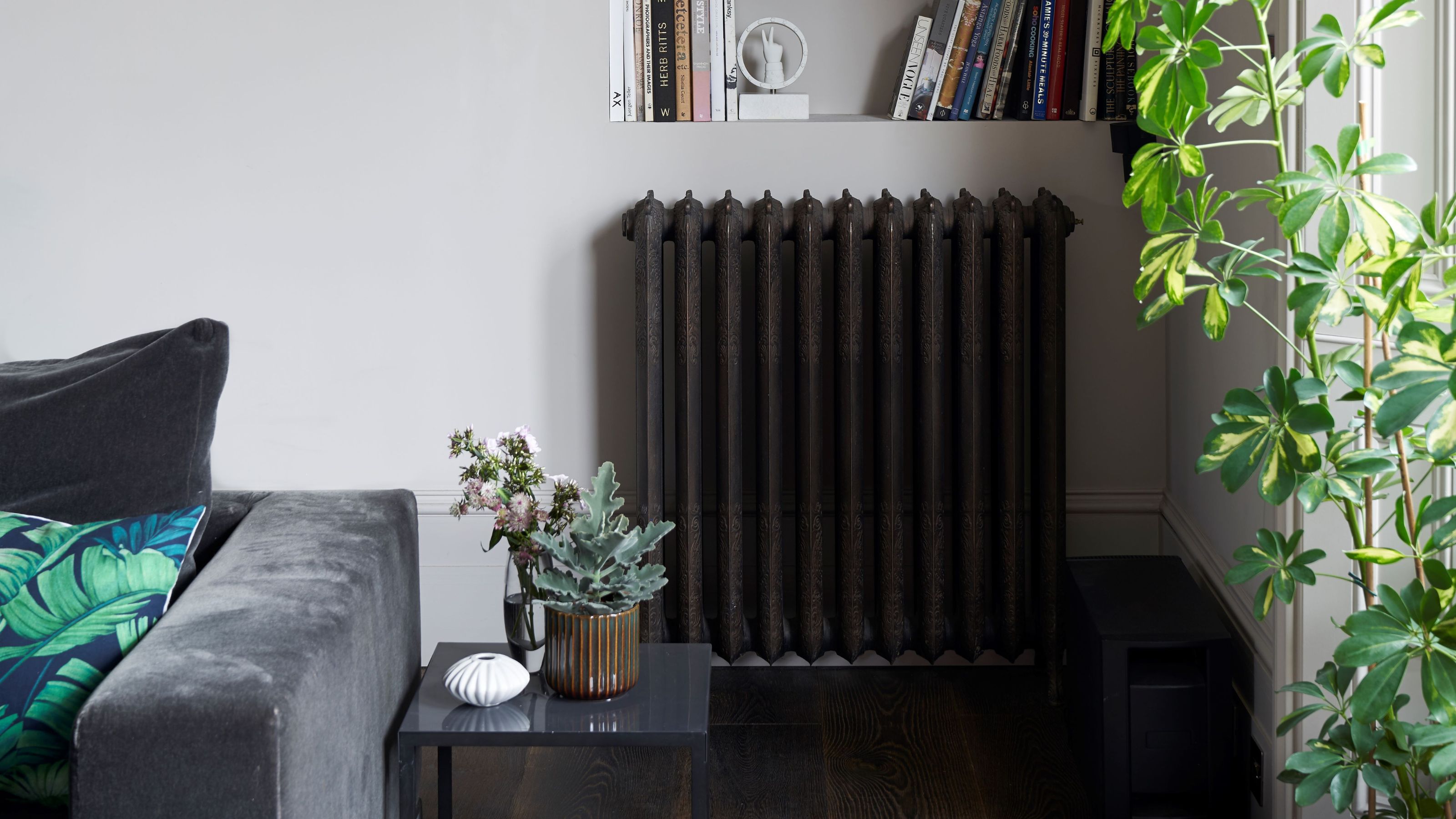

Winter is on the horizon, and before we know it we'll be flocking to turn the heating on (no matter how long we've been trying to put it off!). However, if yours has stopped working or you're simply looking to upgrade your current heating system ahead of the colder seasons, how much can you expect the replacement to set you back by and what are some important things to keep in mind?
Although many of us may have since converted to alternative methods to stave off the cold during winter, like enlisting the help of the best electric heaters and heated blankets to warm yourself rather than warming the entire house, good old central heating isn't going anywhere; and it's still important to have as an option. Especially when the time to turn the heating on finally comes.
'When replacing radiators, several factors affect the overall cost, including the type of radiator, the heating system already in place, and the complexity of installation. Whether you're replacing traditional, electric, or another type of radiator, it's essential to understand the breakdown of costs and considerations involved,' begins Stephen Hankinson, Electric Radiators Direct's energy expert.
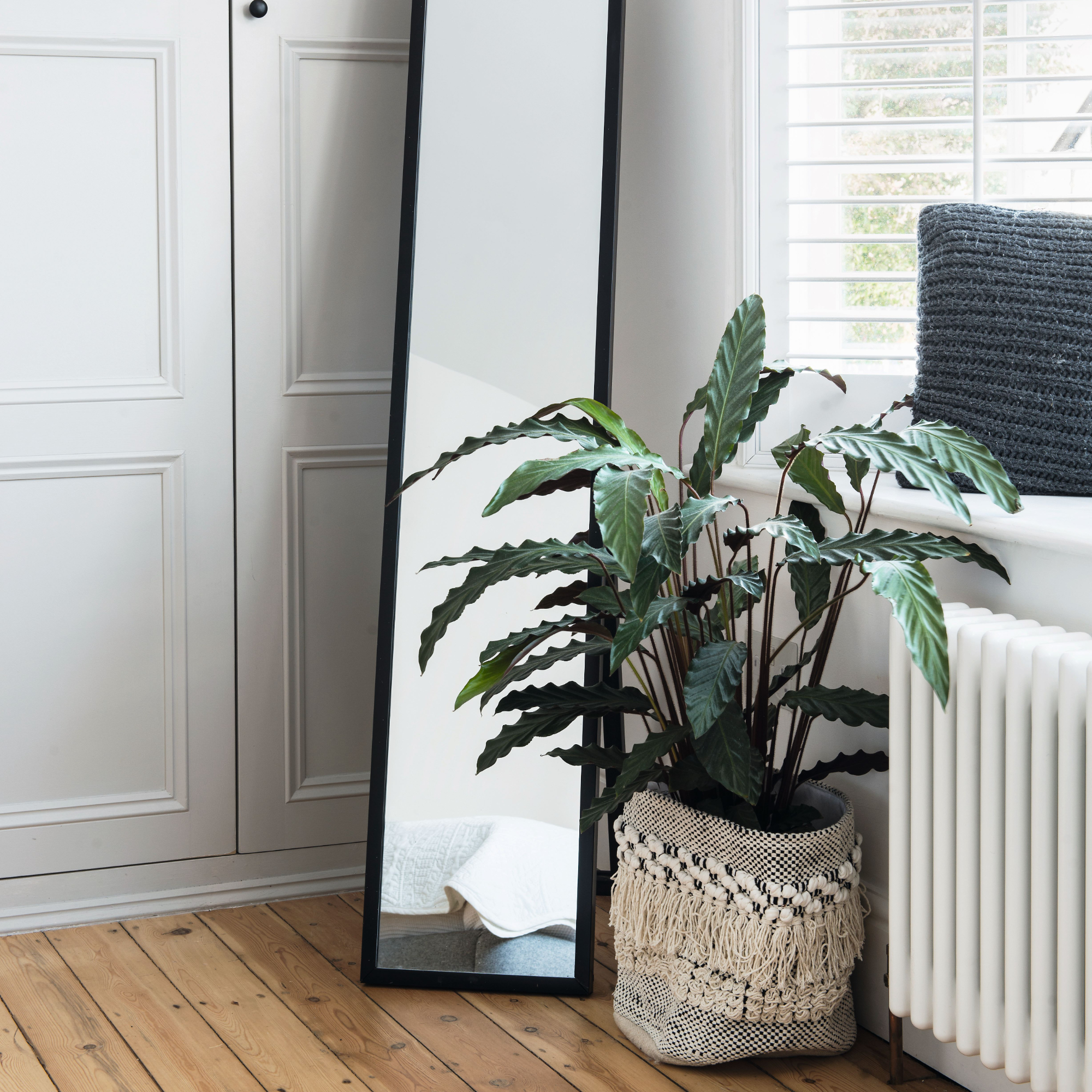
How much does it cost to replace a single radiator?
As a general rule of thumb, the cost of replacing a single radiator typically ranges between £150 and £500, notes Sarah McGregor at Victorian Plumbing. 'This price includes the cost of the radiator itself and the labour required for installation. The total cost will depend on the type of radiator you choose.'
To give you an idea of what you can expect, Sarah has provided a general overview of some rough costings for a handful of radiator designs and styles you may be considering bringing into your home.
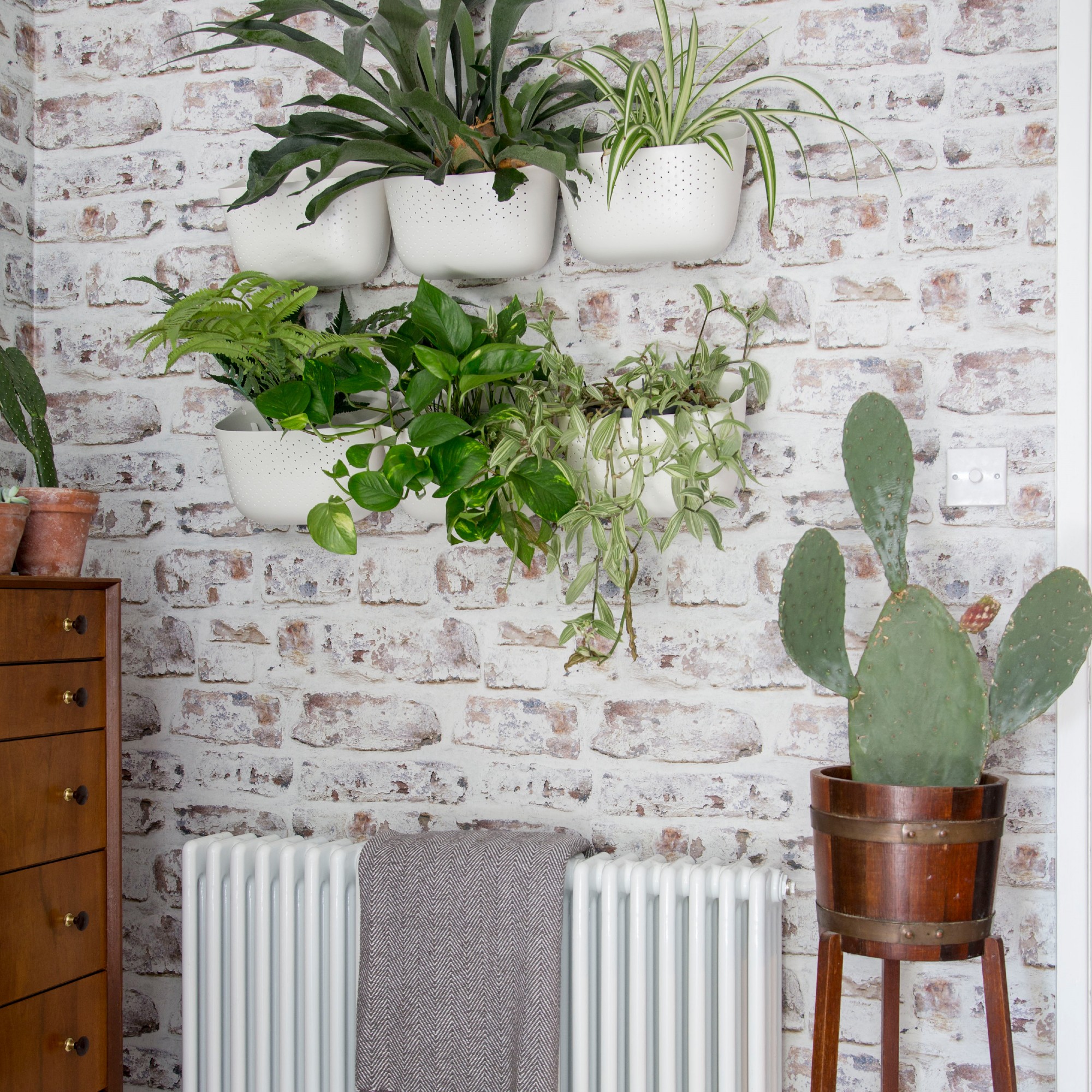
Standard panel radiators
The cost of a single panel radiator typically ranges from £80 to £150. The installation of a single panel radiator on average is around £100 to £200, bringing the total replacement cost to around £180 to £350.
Designer or vertical radiators
Designer radiators have quickly been gaining speed as a must-have for homes, not only for serving its obvious purpose of keeping your house warm in winter; but also as a stylish addition to any room as their designs are far removed from the standard radiator we're all too familiar with.
The cost of designer or vertical radiators typically range in price from £150 to £300, then an additional £150 to £300 for installation costs because they require more time and effort to install. This brings the total cost for a designer or vertical radiator replacement to anything between £300 to £600 (gulp).
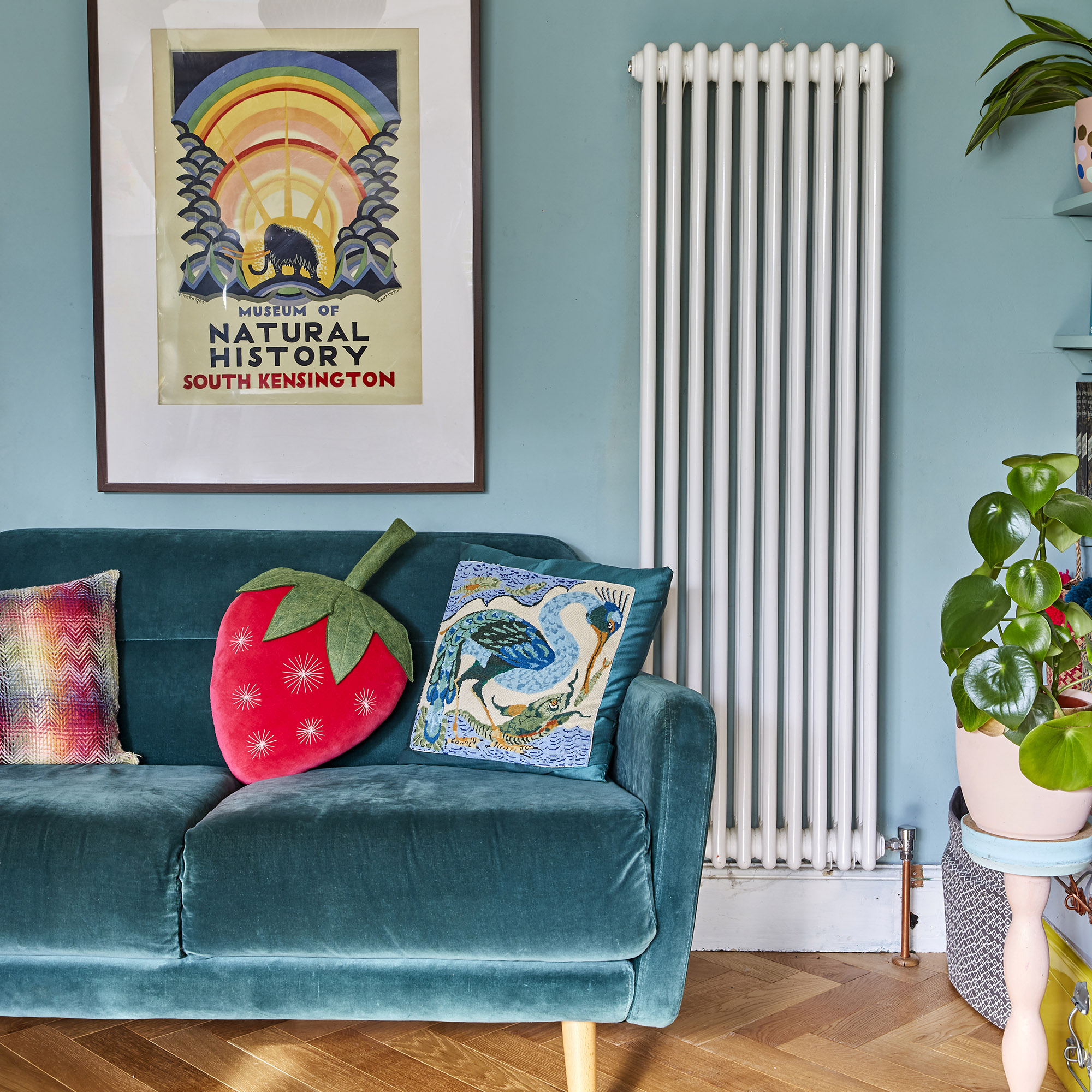
Heated towel rails
Heated towel rails are a considered touch in a bathroom, helping to keep bath towels fresh and dry between uses. These have a typical price range of £70 to £200, with installation costs potentially setting you back an additional £100 to £250. In total, installing a heated towel rail can cost anything between £170 to £450.

Cast iron radiators
Cast iron radiators are more so found in older traditional or period living rooms, for example, and while they definitely add character to a space the cost of replacing these do come at a higher premium.
The cost of the radiator alone can range from £300 to £700, with installation costs ranging from between £150 to £350 because of their weight and the complexity of installation. This brings the overall cost to anywhere between £450 to £1,050 – the most expensive overall among the pick of radiator styles we've outlined.
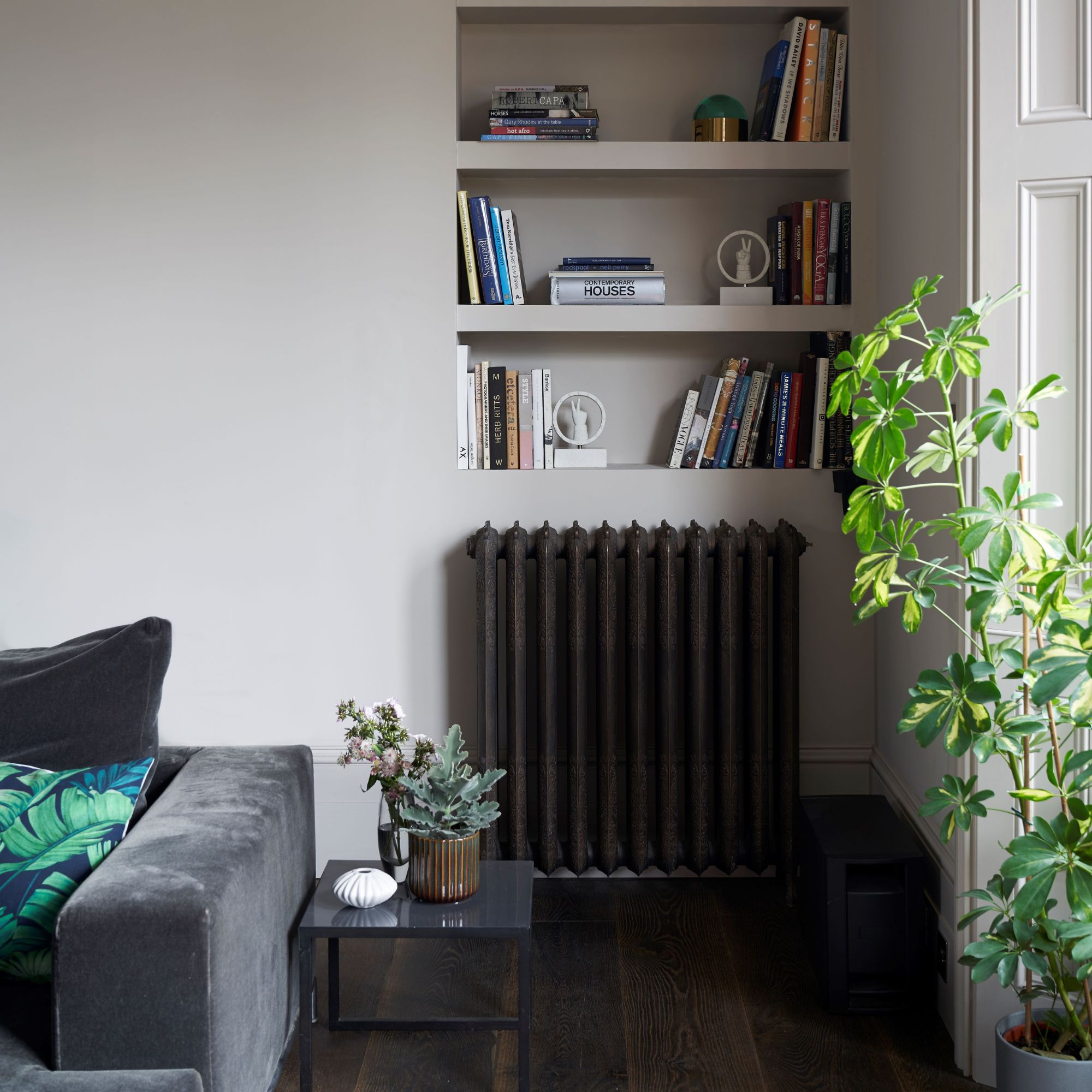
Of course, these are all rough estimates, and specifics will only come into play when you ask for a quote yourself. However, Stephen does strongly recommend expecting to budget for the size of the new unit as well as any potential modifications to your existing pipework.
'For example, if you're switching to a modern electric radiator, removal and installation (including hardwiring and capping of any unused pipes) could cost around £200-500,' he says.
How much does it cost to replace multiple radiators?
On average, Stephen explains that a typical three to four bedroom house may have around 10 radiators, so replacing with new models will cost approximately £2,000 from an entry-level perspective alone.
This figure can fluctuate depending on whether you stick with traditional gas single panel radiators, or if you're looking to upgrade to more energy-efficient options like an electric radiator.
Switching to electric can cut down the cost of running central heating by a notable amount, but it is admittedly an investment to make the switch as you'll need a full refitting. The cost of a full refit usually falls between £3,000 to £6,000. So, consider that another factor to take into account when you're looking at radiator replacements.
When should you replace your radiators?
'Generally, radiators last 15 to 20 years, but various factors can shorten their lifespan,' says Stephen. If you've been wondering whether it's time replace your radiators, some common signs that you're due for the change include 'issues like cold spots, reduced efficiency, and accelerated wear and tear caused by sludge build-up or limescale.' This includes a radiator only being hot at the top, for example.
'If your heating bills rise suddenly, or if you notice corrosion or leaking, these are clear indications that your radiators need replacing. To ensure their longevity, gas systems require regular maintenance,' adds Stephen.
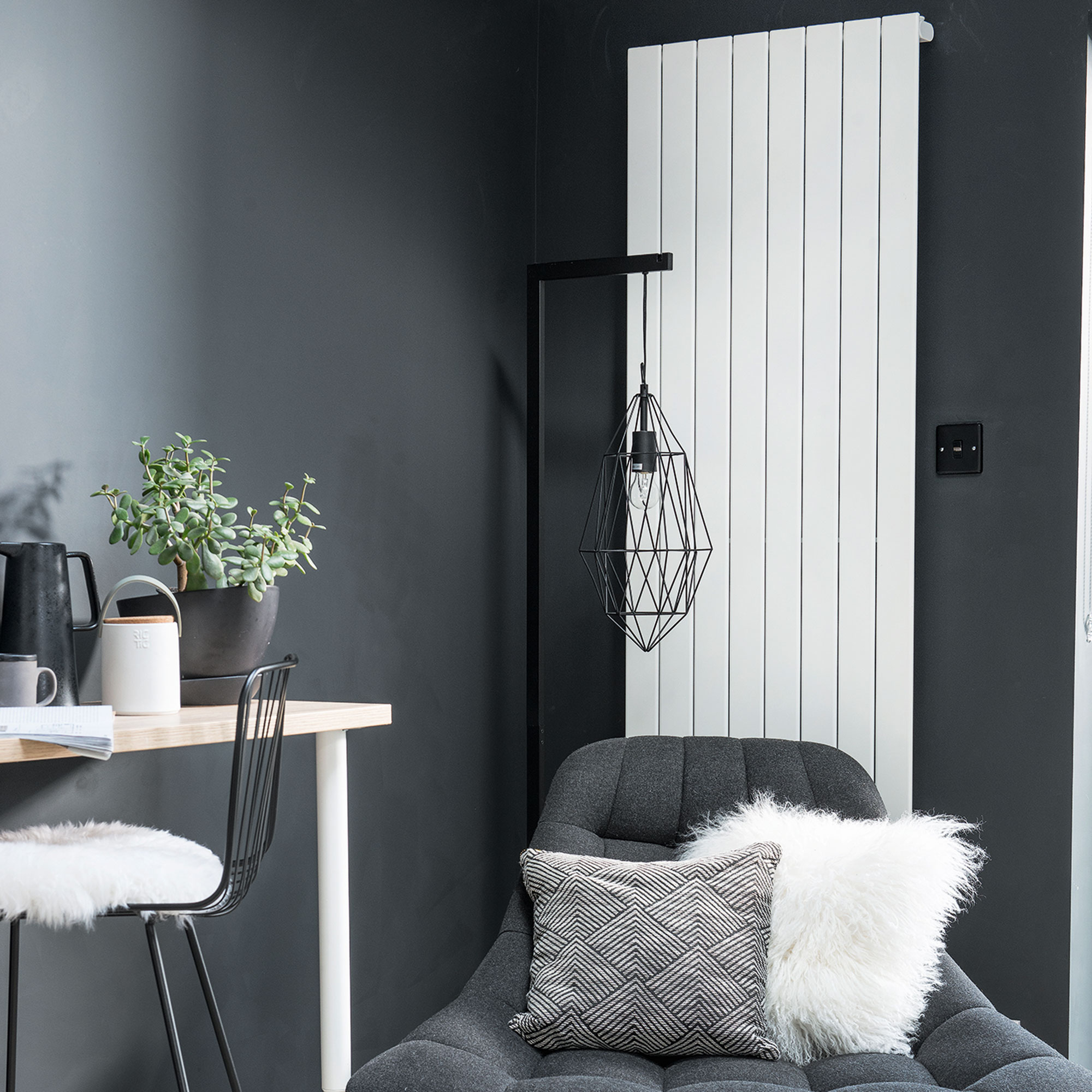
Of course, before throwing in the towel because your radiator isn't heating up, you should first assess if there are any potential remedies and quick fixes you can do. Oftentimes, you might just need to bleed a radiator too to get it working more efficiently. 'Failure to bleed your radiators or get your boiler serviced can all lead to inefficiencies, which in turn shortens their lifespan,' cautions Stephen.
Keeping on top of radiator maintenance is the best way to ensure your heating stays as efficient as possible, and doesn't give out on you during the winter months. However, if even after all these tried and tested solutions you continue to face heating challenges, replacing a radiator really may be the best option. Should this be the case, at least you're now clued up on the average expected costs as well as other key factors to consider in the replacing and refitting process.
Get the Ideal Home Newsletter
Sign up to our newsletter for style and decor inspiration, house makeovers, project advice and more.

Jullia was Ideal Home’s Junior Writer from 2022-2024 and the Ideal Home Certified Expert in Training on Vacuums having spent over 60 hours testing different models. She’s always loved all things homes and interiors, graduating with a bachelor’s degree in Architectural Studies from the University of Nottingham where her love for writing blossomed following her internship at ArchDaily. Now focused on home tech and cleaning, Jullia works on writing features and explainers to help people make the most of their home appliance investments, putting the newest launches through their paces. When she isn’t writing, she loves exploring the city, coffee shop hopping, and losing hours to a cosy game or book.
-
 Will a conservatory add value to your home and how can you maximise it?
Will a conservatory add value to your home and how can you maximise it?This is what the pros say
By Amy Reeves
-
 I’ve been looking for a new signature scent for my home and The White Company's new fragrance is the exact summer holiday smell I needed
I’ve been looking for a new signature scent for my home and The White Company's new fragrance is the exact summer holiday smell I neededSantorini smells fresh, summery and sophisticated
By Kezia Reynolds
-
 How to remove algae from garden walls in five steps – and the cleaning product experts rave about for tackling it fast
How to remove algae from garden walls in five steps – and the cleaning product experts rave about for tackling it fastExperts share their top tips for getting garden walls algae-free
By Katie Sims